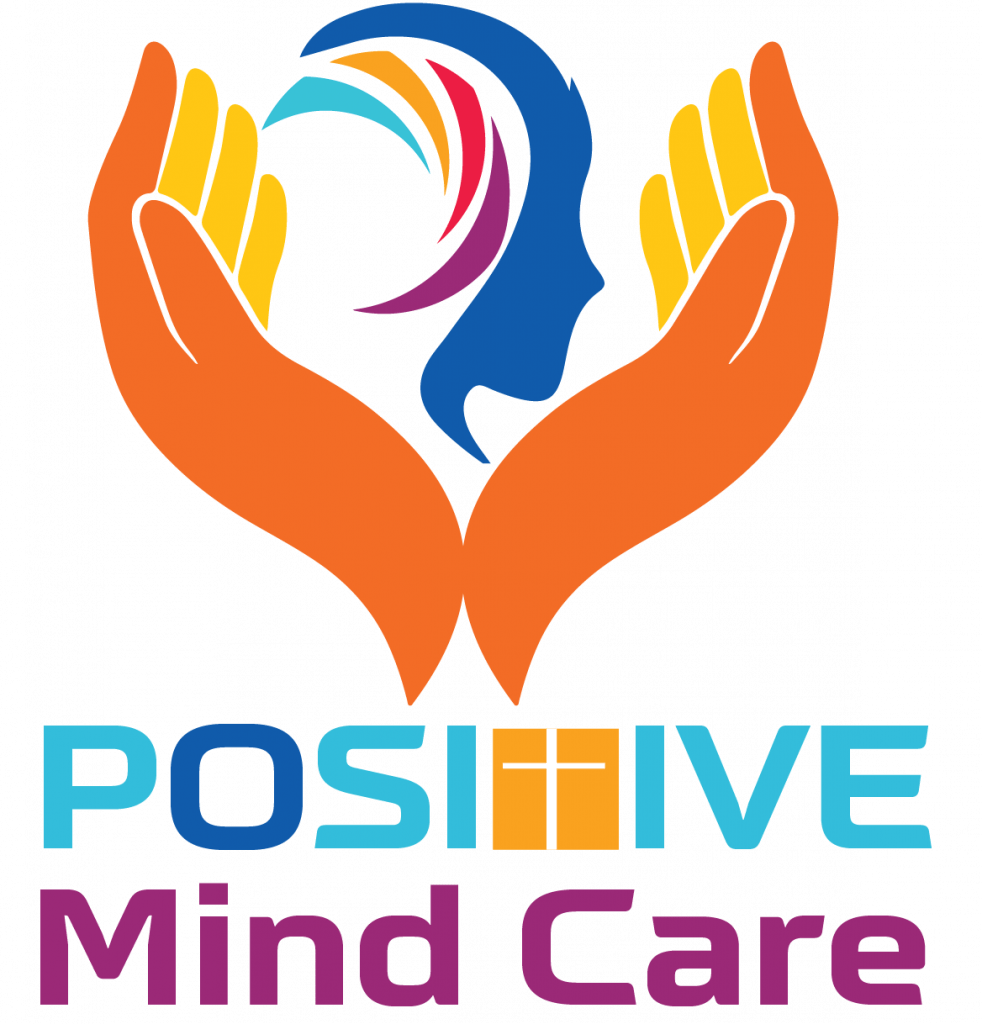Welcome to the Positive Mind Care and Research Centre, a sanctuary dedicated to mental wellness. In this blog, we embark on a journey to understand the complex neurobiology of schizophrenia, a mental health disorder that affects millions worldwide. By delving into the intricate workings of the brain in relation to schizophrenia, we aim to shed light on this condition’s underlying mechanisms. Additionally, we will explore the potential of Deep Transcranial Magnetic Stimulation (Deep TMS) therapy in the treatment of schizophrenia.
Positive Mind Care is a main emotional well-being focus in Gurugram that offers an extensive scope of administrations to address different emotional well-being conditions. Deep Transcranial Magnetic Stimulation (Deep TMS) is a revolutionary treatment offered by Positive Mind Care, a renowned Gurugram mental health centre. In this article, we investigate the groundbreaking impacts of Profound TMS treatment and why Positive Mind Care is the best objective for those looking for successful gloom treatment in Gurugram.
Defining Schizophrenia
Schizophrenia is a chronic and severe mental health disorder characterised by a range of symptoms, including hallucinations, delusions, disorganised thinking, and impaired emotional regulation. It often manifests in late adolescence or early adulthood and can have a profound impact on a person’s life.
The Neurobiology of Schizophrenia
The neurobiology of schizophrenia is highly complex and multifaceted, involving various brain regions, neurotransmitters, and genetic factors. To better understand this disorder, let’s explore some of the key aspects of its neurobiology:
- Dopamine Dysregulation: One of the central theories of schizophrenia involves dysregulation of the neurotransmitter dopamine. In individuals with schizophrenia, there is evidence of an overactive dopamine system, particularly in the mesolimbic pathway, which is associated with reward and emotional processing.
- Glutamate Dysfunction: Another critical neurotransmitter implicated in schizophrenia is glutamate. Studies suggest that there may be deficiencies in glutamate transmission, particularly in the prefrontal cortex. This disruption can affect cognitive functions and contribute to symptoms of the disorder.
- Structural Brain Abnormalities: Imaging studies have revealed structural brain abnormalities in individuals with schizophrenia. These abnormalities can include enlarged ventricles, reduced grey matter volume, and altered connectivity between different brain regions.
- Genetic Factors: There is a strong genetic component to schizophrenia, with multiple genes associated with an increased risk of developing the disorder. However, it is important to note that genetics alone do not determine the development of schizophrenia; environmental factors also play a role.
- Neurodevelopmental Factors: Research suggests that disruptions in brain development during early prenatal or neonatal periods can contribute to the development of schizophrenia later in life.
- Neuroinflammation: Emerging evidence suggests that neuroinflammatory processes may be involved in the pathophysiology of schizophrenia. Inflammation in the brain can impact neurotransmitter function and neural connectivity.
The Role of Deep TMS Therapy
Deep Transcranial Magnetic Stimulation (Deep TMS) therapy is an innovative and non-invasive approach that holds promise in the treatment of schizophrenia. Here’s how Deep TMS works and its potential benefits:
How Deep TMS Works:
Deep TMS uses magnetic fields to stimulate specific brain regions associated with mood regulation, cognitive function, and emotional processing. By modulating activity in these brain areas, Deep TMS aims to alleviate the symptoms of schizophrenia.
Benefits of Deep TMS for Schizophrenia:
- Symptom Reduction: Deep TMS therapy may help reduce the severity of symptoms, including hallucinations, delusions, and disorganised thinking.
- Cognitive Enhancement: By targeting brain regions associated with cognitive function, Deep TMS can potentially improve cognitive deficits often seen in schizophrenia.
- Complementary Treatment: Deep TMS can be integrated into a comprehensive treatment plan that may include medication and psychotherapy.
- Minimal Side Effects: Deep TMS is a non-invasive procedure with minimal side effects compared to some antipsychotic medications.
It’s important to emphasise that while Deep TMS shows promise, it is not a standalone solution for schizophrenia. A comprehensive approach to treatment, which may include medication, psychotherapy, and social support, is often recommended.



